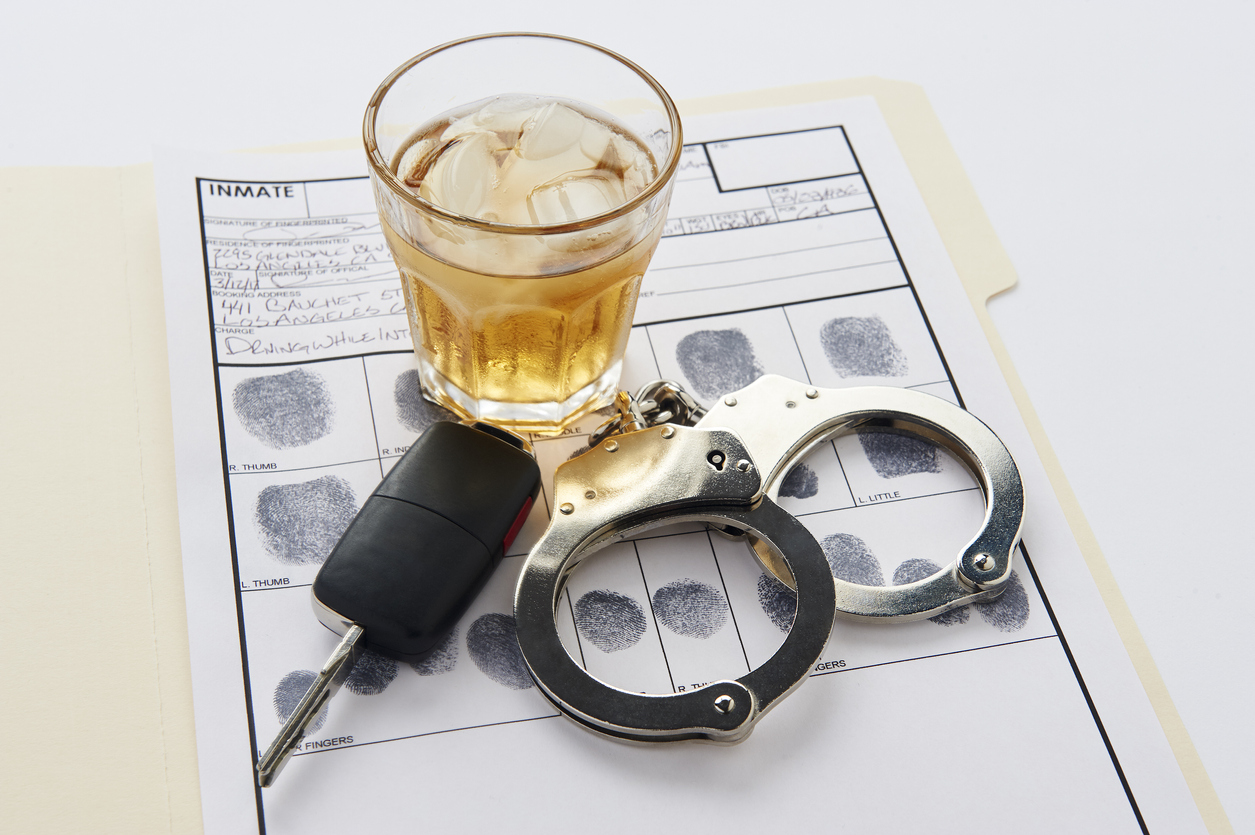Can You Get a DWI Without Evidence in St. Louis?
Understanding How DWI Charges Are Proven in Missouri
In Missouri, including St. Louis, a DWI (Driving While Intoxicated) charge requires the prosecution to prove beyond a reasonable doubt that the driver was impaired. This generally means showing that the driver operated a motor vehicle while under the influence of alcohol or drugs to the extent that it impaired their ability to drive safely. Proof usually involves a combination of direct and circumstantial evidence, such as breath or blood test results showing a blood alcohol concentration (BAC) of 0.08% or higher, officer observations of erratic driving, field sobriety test results, and witness testimony.
Missouri law gives prosecutors flexibility in presenting evidence to support a DWI charge. Even if chemical tests are unavailable or refused, an arresting officer’s observations—like slurred speech, the smell of alcohol, or poor coordination—can be used to argue impairment. However, for anyone concerned about being charged with a DWI without evidence, it’s important to understand that the state still must present credible, persuasive evidence in court.
Without reliable proof, prosecutors face challenges in meeting the high burden of proof required for a conviction. Understanding how these cases are built is essential for drivers in St. Louis who want to protect their rights and respond effectively to any DWI charges.
Types of Evidence Used in St. Louis DWI Cases
DWI cases in St. Louis rely on a range of evidence to establish impairment and secure a conviction. One of the most common forms is chemical testing, such as breath, blood, or urine tests that measure blood alcohol concentration (BAC). A BAC of 0.08% or higher creates a presumption of impairment under Missouri law, making this evidence especially powerful in court.
Field sobriety tests are also widely used. These standardized tests, including the walk-and-turn or one-leg stand, help officers evaluate physical coordination and mental focus. Observations during these tests can be introduced as evidence of impairment. Additionally, police officers often testify about their personal observations of the driver, such as slurred speech, glassy eyes, the smell of alcohol, or erratic driving behavior.
Dashcam or body camera footage may further support the prosecution’s case, providing visual records of the stop, arrest, or the driver’s condition. Witness statements from passengers or other drivers can also add weight to the case.
While these forms of evidence strengthen a DWI prosecution, questions about reliability, accuracy, or procedure can weaken them. For drivers worried about facing a DWI without evidence, understanding what types of proof are typically presented helps clarify what to expect in court.
Challenges of Prosecuting a DWI Without Strong Evidence
Prosecuting a DWI case in St. Louis without solid evidence can be difficult for the state. Missouri law requires proof beyond a reasonable doubt, meaning prosecutors must convince a judge or jury that the driver was impaired. When strong evidence like chemical test results or clear field sobriety failures is absent, the case often depends heavily on subjective observations.
Officers might testify about erratic driving or signs of intoxication, but such observations can be challenged as unreliable or inconclusive. For example, fatigue, medical conditions, or nervousness can mimic signs of impairment. Without objective evidence, defense attorneys may question the accuracy of officer reports, highlight inconsistencies, or show that alternative explanations exist.
In addition, procedural errors can weaken the case. Failure to properly administer field sobriety tests, maintain testing equipment, or follow arrest protocols can make evidence inadmissible. For those worried about getting a DWI without evidence, these challenges underscore the importance of scrutinizing the state’s case.
Without strong, credible, and legally obtained evidence, prosecutors may struggle to meet the high burden of proof required for conviction, offering defendants in St. Louis important opportunities to fight the charges or negotiate for reduced penalties.
Defending Against Weak or Insufficient DWI Evidence
When facing a DWI charge in St. Louis with limited or questionable evidence, there are several effective defense strategies. A key approach is challenging the reliability and validity of the evidence presented. This might involve questioning the accuracy of field sobriety tests, which can be influenced by medical conditions, uneven ground, or nervousness rather than impairment.
Chemical test results can also be scrutinized. Breathalyzer devices must be properly calibrated and maintained; failure to follow procedures can render results unreliable or inadmissible. Blood or urine samples require strict handling protocols to prevent contamination or mix-ups. Even officer observations can be contested if they are vague, inconsistent, or based on assumptions rather than clear facts.
Constitutional defenses may apply if the traffic stop lacked reasonable suspicion or if arrest procedures violated rights. Any procedural errors can lead to the suppression of evidence, weakening the prosecution’s case further.
For those worried about a DWI without evidence, understanding these defense options is essential. By carefully examining the strength of the state’s case and exposing flaws or gaps, drivers in St. Louis can work to reduce charges, negotiate more favorable outcomes, or even achieve dismissal of the case altogether.
Conclusion
Being charged with a DWI in St. Louis without strong evidence doesn’t guarantee a conviction. Understanding how these cases are built and challenged is essential. Rose Legal Services helps drivers navigate weak or unsupported DWI charges, protecting their rights and pursuing the best possible outcome in every situation.







